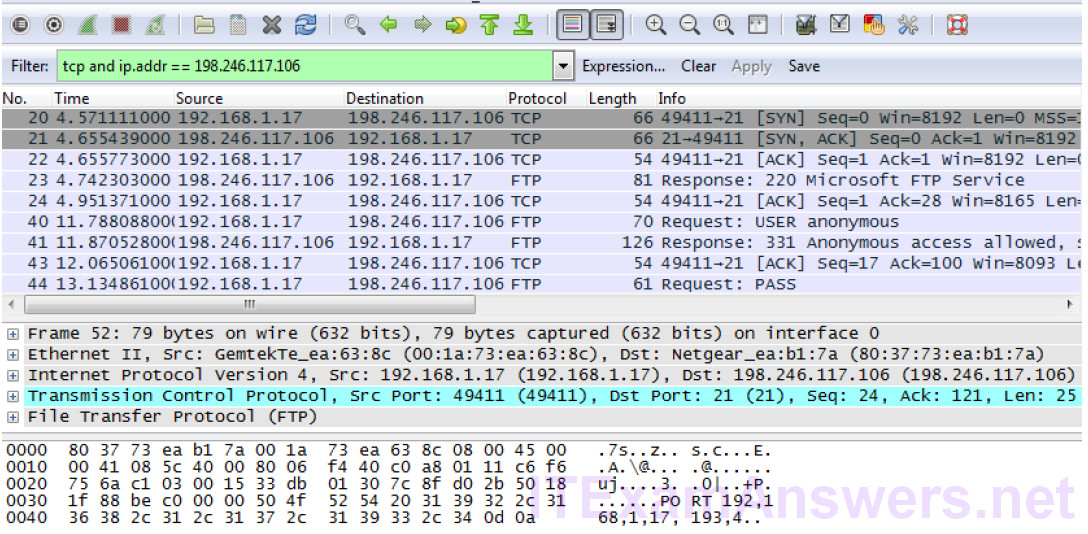
- #WIRESHARK CAPTURE FILTER TO BLOCK LOCALHOST HOW TO#
- #WIRESHARK CAPTURE FILTER TO BLOCK LOCALHOST DRIVERS#
- #WIRESHARK CAPTURE FILTER TO BLOCK LOCALHOST CODE#
- #WIRESHARK CAPTURE FILTER TO BLOCK LOCALHOST OFFLINE#
Packet.Extract() replaces per-packet GetEncapsulated() methods, now deprecated, with a single high level routine that is a part of the base class of all captured packets. 4.2 adds support for IEEE 802.1Q vlan tags, corrects access modifiers in Packet to enable 3rd party assemblies to use this class and introduces Packet.Extract(). SharpPcap v4.2 was released January 14th, 2013. It also contains API cleanup for reading and writing to capture files in the form of new CaptureFileWriterDevice and CaptureFileReaderDevice that replaces an older and much more confusing way of writing to capture files and makes reading and writing analogous. SharpPcap 4.0 is >50% faster than the last revision, v3.7. The 4.0 release contains significant performance improvements due to contributions from Michael Giagnocavo. SharpPcap v4.0 was released September 13, 2011. The 3.5 release contained significant API changes as well as WinPcap remote capture and AirPcap support. SharpPcap v3.5 was released February 1st, 2011. The details of Packet.Net's architecture will be discussed later in the turotial. SharpPcap takes care of interfacing with libpcap/winpcap and Packet.Net takes care of packet dissection and creation. Packet parsing functionality was broken out into a new library, Packet.Net. This release represents a rewrite of SharpPcap's packet parsers. In late February 2010 SharpPcap v3.0 was released. Since then SharpPcap has had major internal rewrites and API improvements including Linux, Mac support. Development slowed towards mid-2007 when the last version in the 1.x series was released, SharpPcap 1.6.2.Ĭhris Morgan took over development of SharpPcap in November of 2008. Several versions in the 1.x series were released.
#WIRESHARK CAPTURE FILTER TO BLOCK LOCALHOST OFFLINE#
Some had mixed ui and capture code, others had reimplemented some of WinPcap's functions in C# and others lacked features such as offline file reading or source code.Īnd so, Tamir decided to start his own library for the task. The projects available at the time did not lend themselves to being used to capture and analyze traffic. NET seemed to be quite a popular requirement, and he found some useful projects on CodeProject's website that let you do just that. The project involved analyzing and decoding VoIP traffic and he wanted to keep coding simple with C# which has time saving features like garbage collection. NET application while working on his final project for university. Tamir Gal started the SharpPcap project around 2004.
#WIRESHARK CAPTURE FILTER TO BLOCK LOCALHOST HOW TO#
NET application and will give you a detailed programming tutorial on how to use it. NET assembly (library) for interfacing with libpcap or winpcap from your. In this article, we will introduce the SharpPcap. Among the applications that use libpcap/WinPcap as its packet capture subsystem are the famous tcpdump and Wireshark.
#WIRESHARK CAPTURE FILTER TO BLOCK LOCALHOST DRIVERS#
The libpcap library for UNIX based systems and WinPcap for Windows are the most widely used packet capture drivers that provide API for low-level network monitoring. Capturing network packets in our applications is a powerful capability which lets us write network monitoring, packet analyzers and security tools.

Packet capturing (or packet sniffing) is the process of collecting all packets of data that pass through a given network interface. Check out the SharpPcap home packet page.

#WIRESHARK CAPTURE FILTER TO BLOCK LOCALHOST CODE#


 0 kommentar(er)
0 kommentar(er)
